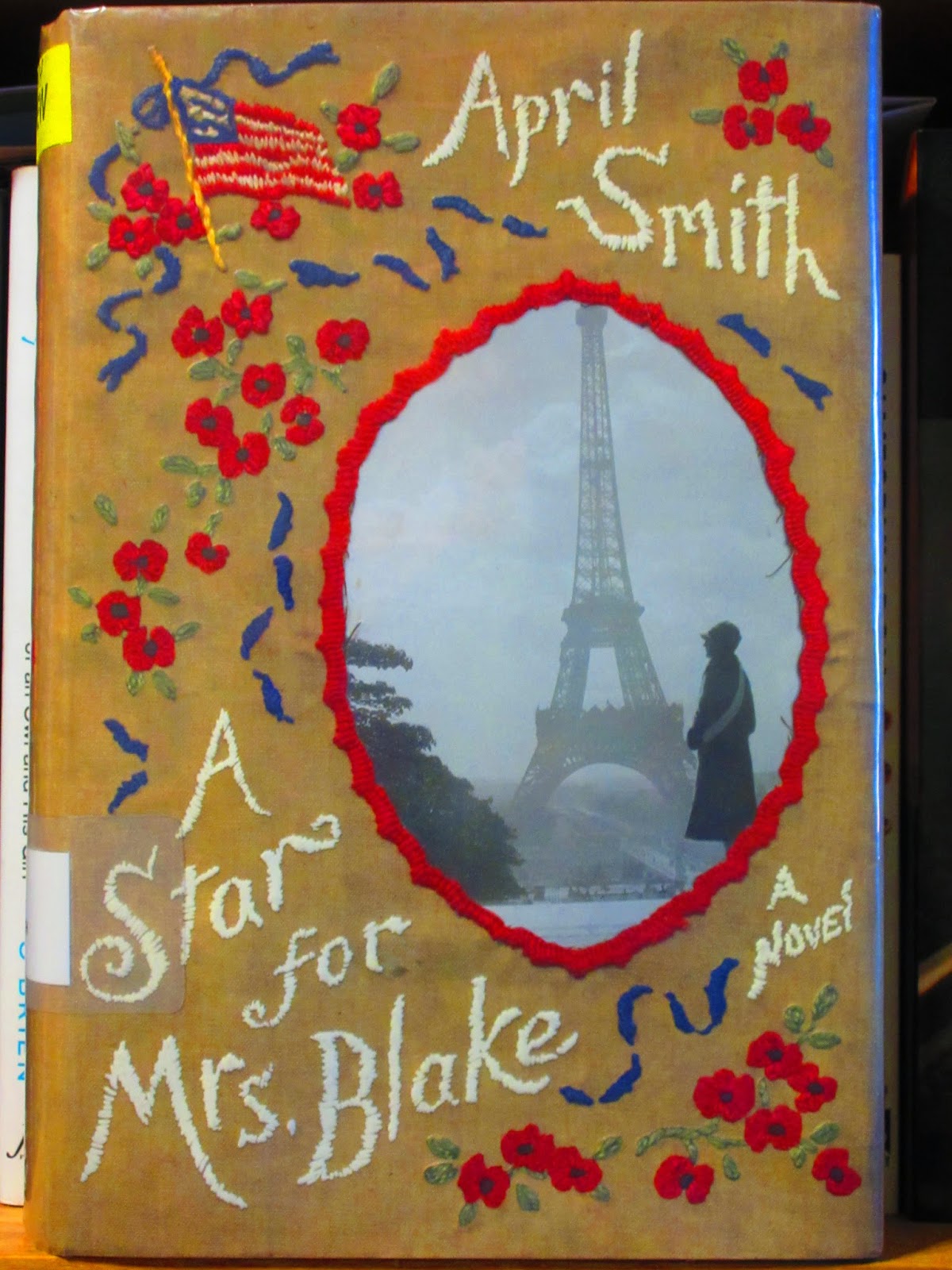David Gilkey, photojournalist at NPR, was killed yesterday in Afghanistan, along with translator Zabihullah Tamanna. Those words cause my guts to churn and my chest to tighten. My
friend was one of the most decent people I ever met.
Even
though his job sent him to capture images of people in dramatic or tragic circumstances, he never lost sight of the fundamental dignity of every human
being he photographed. And because he turned his lens on so much pain, I think
he cultivated a crusty exterior in a futile effort to keep us from knowing just
how much he cared.
We met because his passion for sharing the stories of America's veterans brought him to the nonprofit agency I raised money for. My most vivid memory of him from that visit is his spluttering indignation at seeing a party of reveling young people wearing army costumes and waving toy weapons in downtown San Diego to celebrate the release of a war-based video game.
“They wouldn’t think the game was so much fun if they spent a little time in a tent city full of actual veterans, with broken bodies and messed up minds, who feel used up and tossed aside.”
 |
| Photojournalists at work |
We met because his passion for sharing the stories of America's veterans brought him to the nonprofit agency I raised money for. My most vivid memory of him from that visit is his spluttering indignation at seeing a party of reveling young people wearing army costumes and waving toy weapons in downtown San Diego to celebrate the release of a war-based video game.
“They wouldn’t think the game was so much fun if they spent a little time in a tent city full of actual veterans, with broken bodies and messed up minds, who feel used up and tossed aside.”
Another
time, we talked about his repeated trips to Afghanistan and Iraq after other media had turned to Egypt, Libya, and Syria. He felt it was critical for
him, and his network, to keep attention on the people most impacted by America’s
recent wars, even when commercial media bounced
journalists from one trouble spot to the next.
That’s
why I wasn’t surprised by his most recent assignment, even if I worried about
how many times he could be in the middle of the shit without paying a price. He
was aware of the risks associated with his work. When we talked about a colleague who’d been killed in a war zone, he acknowledged the possibility something could
happen to him. But he didn’t think it would.
 |
| Claire O'Neill, David Gilkey, Rick Ochocki, and Quil Lawrence |
David
told me about struggling to write an assigned blog post once and coming up hundreds of
words short. When questioned, he pointed out that he’d attached
photos with his submission, and “a picture’s worth a thousand words.”
His photos were worth so much more. Some of his best pictures can be seen here.
His photos were worth so much more. Some of his best pictures can be seen here.
Though our friendship was recent and all-too-short, I’m going to miss him more than words can express.
Because I don’t have his talent with a camera, words are all I’ve got.
May Light Perpetual Shine Upon Him.
May Light Perpetual Shine Upon Him.






